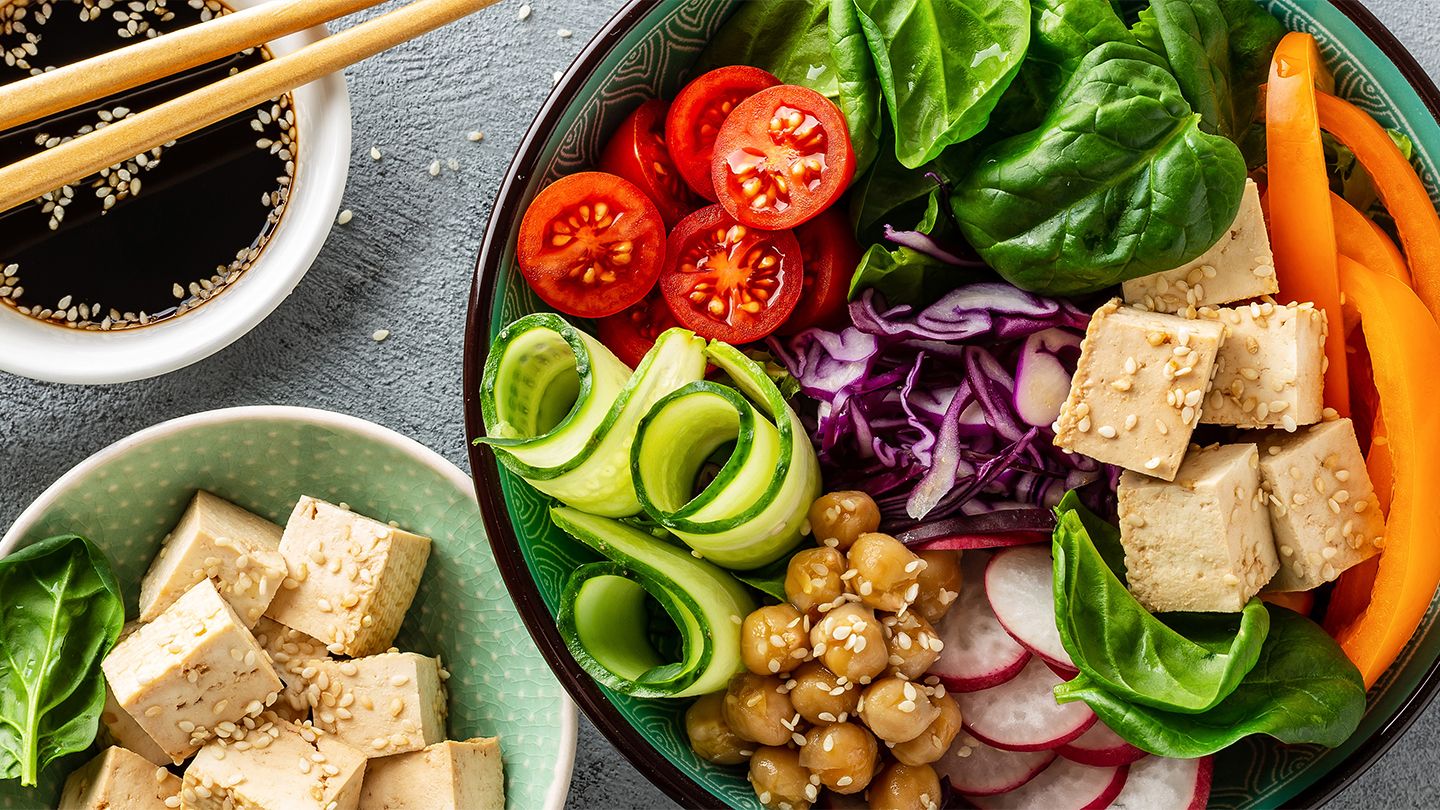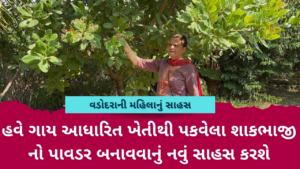Contrary to popular belief, Veganism is real and not just an ‘Instagram trend’. Most of us give into the popular stereotypes surrounding Veganism, one, for instance, being: “Eww you eat plants?”. Well, there is more to Veganism than just consuming plants, not that one cannot consume them as certain plants are absolutely edible.
Today also is World Vegan Day. Guess this makes Veganism far more legit.
So here are a few myth-busters surrounding Veganism, essentially translated to Please believe us, Veganism is REAL.
Starting off with World Vegan Day; the chair of the Vegan Society in 1994: Louise Wallis from the UK, first coined the term ‘Veganism’ and ‘Vegan’ to commemorate the 50th anniversary of the UK’s Vegan society, which also gave rise to the November 1st being referred to as World Vegan Day. Notice how Vegan day is coincidentally celebrated after Halloween? Well, that is no coincidence. It is very much intentional as it marks a shift from all heavy feasts and festivities towards a more conserving, preserving outlook.
According to the UK Vegan Society, a Vegan lifestyle helps maintain one’s health, protects animals, and also helps reduce emissions to protect the environment. World Vegan Day is celebrated globally through awareness events that include fairs, public exhibitions, debates, seminars, and workshops.
This year, the theme is ‘Future Normal’, set by the Vegan Society. Through this campaign, people are encouraged to care for animals and abstain from consuming and using animal-based products.
PLEASE, WHAT IS VEGANISM?
Consuming plants three times a day.
Just kidding.
Veganism is a practice that is supposedly 2000 years old. Important personalities such as the likes of Pythagoras and more believed in the philosophy of committing to never harm animals. Therefore, Veganism soon came to be a philosophy, practice, and choice of lifestyle where people choose to abstain from using animal products and ban the commodification of animals.
An individual following this philosophy is referred to as a ‘Vegan’. There are various types of Vegans depending on the kind of sub-philosophy they follow. For instance, Dietary Vegans strictly abstain from consuming meat, eggs, dairy products, and other animal-based products. Ethical Vegans follow Veganism in all aspects of their lifestyle, both food and habits. Environmental Vegans are those who avoid consuming and using animal-based products due to the issue of industrial farming of animals that damages the environment,
A vegan lifestyle is a choice, but what does it entail?
As mentioned previously, Veganism is not a social media trend or a prank, it is a legitimate philosophy that many have adopted which also helps promote awareness regarding a sustainable approach towards the environment. Promoting a vegan diet is also a part of adopting a Vegan lifestyle. According to several nutritionists and dieticians, a large number of citizens are now embracing a Vegan diet by completely letting go of food items related to animals. Yet, there are still several questions and doubts surrounding Veganism and its health benefits.
According to several nutritionists, Health Snacks that include nuts such as Almonds help a great deal as they are a rich source of Vitamin E, Protein, etc. Almonds are a must in your Vegan diet as they contribute to the growth and maintenance of one’s muscles and help in weight maintenance.
Vitamin B12 is yet another scarce but necessary vitamin that is primarily found in animal-based products. However, they can be incorporated into a Vegan diet as one can switch to Almond or Oat milk to enjoy a good bowl of cereal. Almond chips added to one’s breakfast platter will also help a great deal. Switching over to nutritional cheese in stead of cheese while making pasta is yet another suggestion.
The consumption of Proteins by Vegans is not that difficult. Lentils and beans are a great source of protein which one can use in sabzis and curry which can be consumed with roti, rice, along with Rajma, Chhole, Chana, Dal, and many other pulses. If one is a diet freak, they can opt for Palak Dal, to be safer. A quick salad consisting of Chickpeas, tomatoes, onions, lettuce, and other salad vegetables helps a great deal in maintaining one’s weight while also satiating one’s mid-day or evening hunger pangs.
How does one become Vegan?!
There are no criteria as such for “becoming” a Vegan. There are several individuals who decide to “turn” Vegan, for a day or two depending on how long they last without complaining of “Oat milk tastes a bit off”. All you need to do is adopt a mindset that pertains to saving and preserving the very environment that is set to go extinct without proper care, thereby disturbing the entire food chain.
A few things that one must keep in mind regarding Veganism:
- There is a MAJOR difference between being Vegan and being a Vegetarian: Vegans do not consume meat and animal by-products such as dairy, egg, milk, butter, cheese, and honey. As part of a Vegan lifestyle, they also let go of silk, fur, leather, and cosmetics. They instead switch to sustainable and plant-based clothes and cosmetics.
- Plant-based diets help reduce the risk of heart disease by 45% according to a 2014 study found in JAMA.
- One does not turn Vegan by day and normal by night. It does not change opinions, clothes and trends. The transition from a vegetarian to being Vegan is difficult but gets easier. But being fickle-minded and switching up dietary plans every few days will disrupt the transition.
- A Vegan lifestyle is very, very expensive. Yes, you read that right. Who would have thought plants to be expensive right? Replacing everything with vegetables and supplements is an expensive affair.
Hope this helps clear all doubts regarding Veganism. Well, there is always the option of consulting with dieticians and nutritionists in case you’re Type A and a control freak.
Happy Winters!
–An article by Shreya Raolji


















